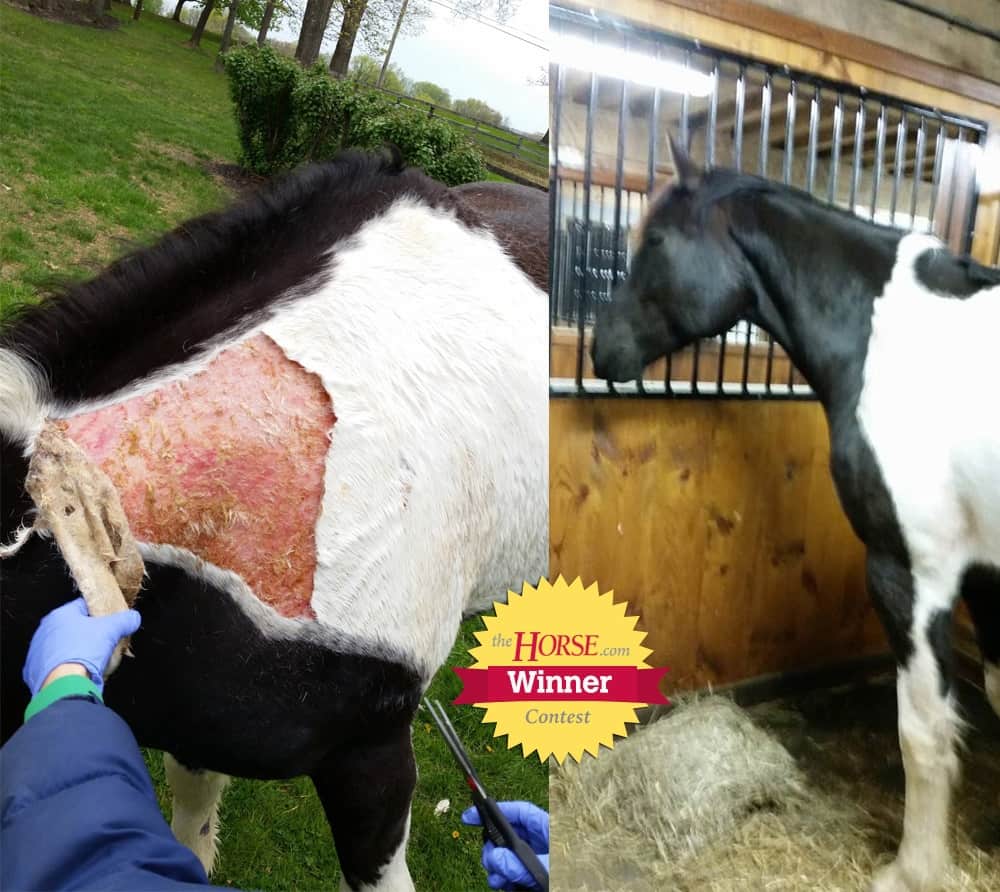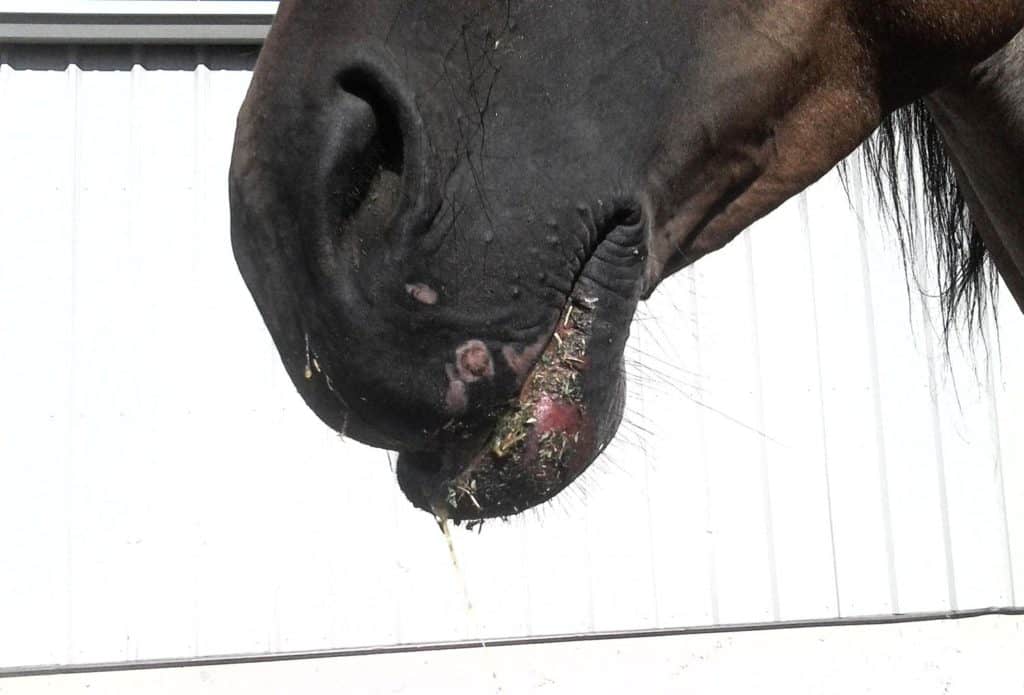
Help! My Horse is Sun-Sensitive Contest: Editors’ Picks
Readers submitted stories and photos of their sun-sensitive horses. Discover how they protect their horses from the sun.

Readers submitted stories and photos of their sun-sensitive horses. Discover how they protect their horses from the sun.

Dr. Erin Denney-Jones suggests management techniques to reduce the chance of your horse suffering from sand colic.

My gelding has separation anxiety when away from his pasture buddy. How can I address this issue?

Behaviorist Dr. Sue McDonnell shares research-based insight into how a mare’s temperament might influence her foal.

Behaviorist Dr. Sue McDonnell offers step-by-step advice for helping a horse who’s afraid of getting shots from the vet.

David Poole, PhD, DSc, of Kansas State University, presents information about horses’ oxygen transport pathway.

Behaviorist Dr. Sue McDonnell offers reasons horses might be spookier than normal in windy weather.

Do you feel unsafe with your horse when you’re on the ground or riding? Our behavior and vet experts are here to help!

While you watched world-class horses jump and passage on your favorite streaming device, farriers, vets, and grooms kept busy back in the barns.

Is your horse is getting too much sugar? Drs. Clair Thunes and Erin Denney-Jones offer advice for “treating” your horse.

Dr. Paul Morley of CSU’s School of Veterinary Medicine describes the difference between VS lesions and other sores.

Veterinary specialists from around the globe are prepared to care for the world’s top equine athletes in Rio.

Vesicular stomatitis is known for causing severe mouth blisters, but did you know it can cause foot lesions as well? The USDA’s Dr. Angela Pelzel-McClusky explains.

David Hurley, PhD, of the University of Georgia, shares insight into how tissue level events influence the development and control of immune system responses to infection, vaccines, and tumors.

Your horse is wounded, bleeding, or critically ill: What should you do? Get advice from our expert!

Vesicular Stomatitis causes mouth blisters, coronet band lesions lameness, and more. Learn about this insect-spread disease’s clinical signs from Dr. Angela Pelzel-McClusky, who serves as the USDA’s national equine epidemiologist.
Stay on top of the most recent Horse Health news with
"*" indicates required fields